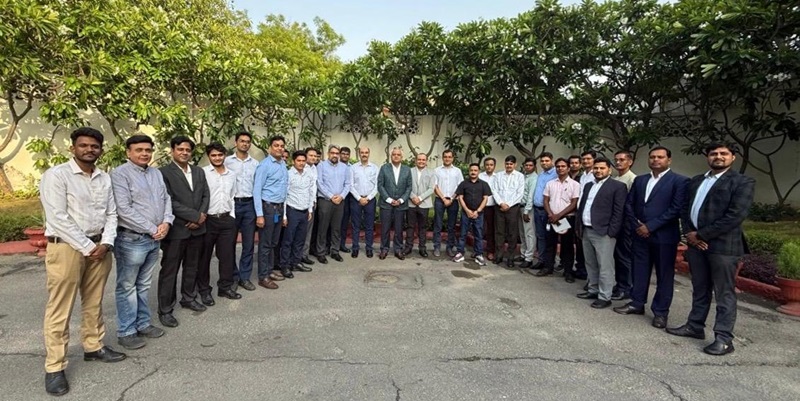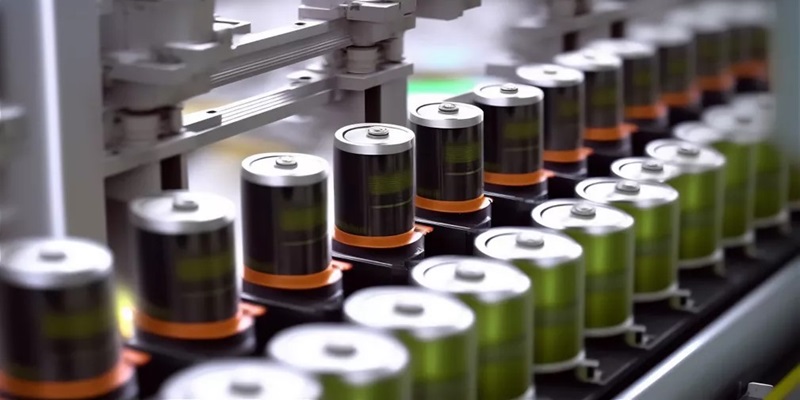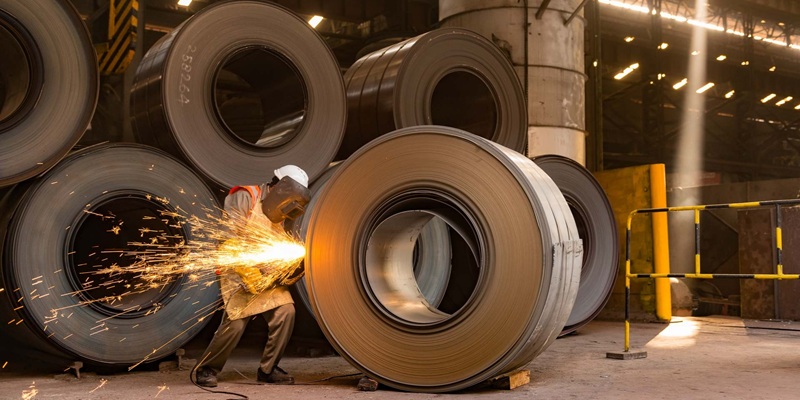Schedule a Call Back
US imposes 26% reciprocal tariff on Indian Exports; CareEdge
 Industry News
Industry News- Apr 07,25

Related Stories

Aerem Solutions and OMC Power partner to finance solar rooftop adoption by MSMEs
Under this agreement, Aerem through its NBFC, will enable credit facilities of Rs 2 billion to OMC Power’s customers, enabling MSMEs to invest in energy-efficient solar systems with easy financing..
Read more
Exide Industries in battery talks with EV makers
Hyundai is set to become the first Indian automaker to use locally manufactured battery cells for electric vehicles through its agreement with Exide’s subsidiary, Exide Energy Solutions, signed in..
Read more
U.S. FDA to begin surprise checks abroad
The FDA conducts approximately 12,000 domestic and 3,000 foreign inspections annually across over 90 countries.
Read more













